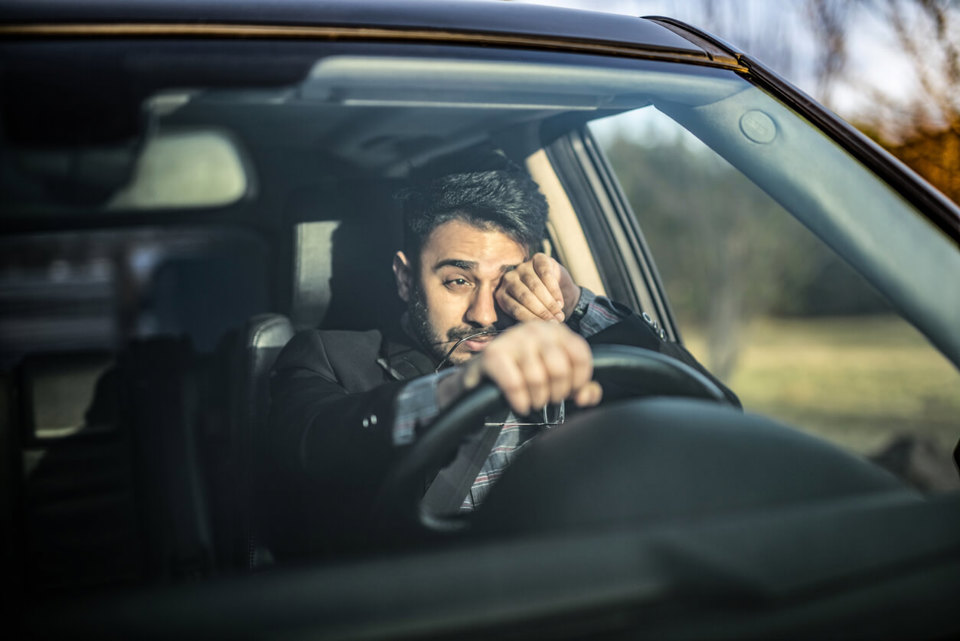It only takes seconds of sleep behind the wheel to cause a fatal crash, but research released by Brake and Cambridge Weight Plan reveals one in eight drivers has ‘head-nodded’ at the wheel in the past year.
Head-nodding occurs when someone nods off to between two and 30 seconds, often without realising that they have been asleep.
The survey of 1,000 drivers also revealed risky behaviour among many that can contribute to tiredness, with one in four admitting embarking on a journey when they already felt drowsy.
The vast majority (86%) are also failing to follow best practice advice on dealing with tiredness at the wheel, by stopping somewhere safe for a nap.
More than a quarter (29%) put their own and others’ lives on the line by continuing their journey after they notice the first signs of drowsiness.
In addition, one in seven drivers surveyed (13%) reported suffering from a health condition such as sleep apnoea that makes them tired during the day. Sleep apnoea can cause daytime sleepiness, and in some cases can cause the sufferer to fall asleep without warning.
Julie Townsend, Brake’s campaigns director, said: “Driving a vehicle is a huge responsibility that must be taken seriously. That means stopping when we feel drowsy and certainly never starting a journey tired.
“These messages still need to get through to the public, which is why we are calling for renewed efforts from the Government to tackle this issue urgently.”





















PremierBlue - 13/07/2011 12:08
Sleep apnea is a serious problem for drivers, but what about sleep disturbance generally? 44-Ton lorries should be banned from driving at night except on motorways and major trunk roads. They certainly shouldn't be allowed to shake residents of small Towns, Villages and Hamlets awake throughout rural England as they do currently.